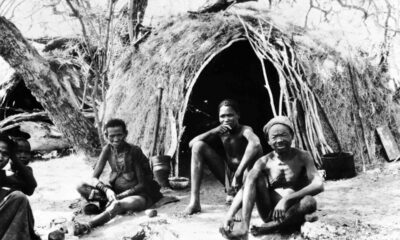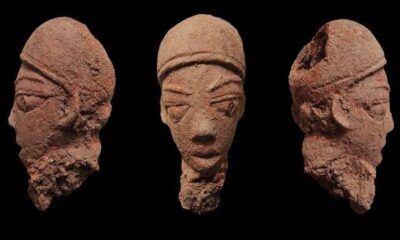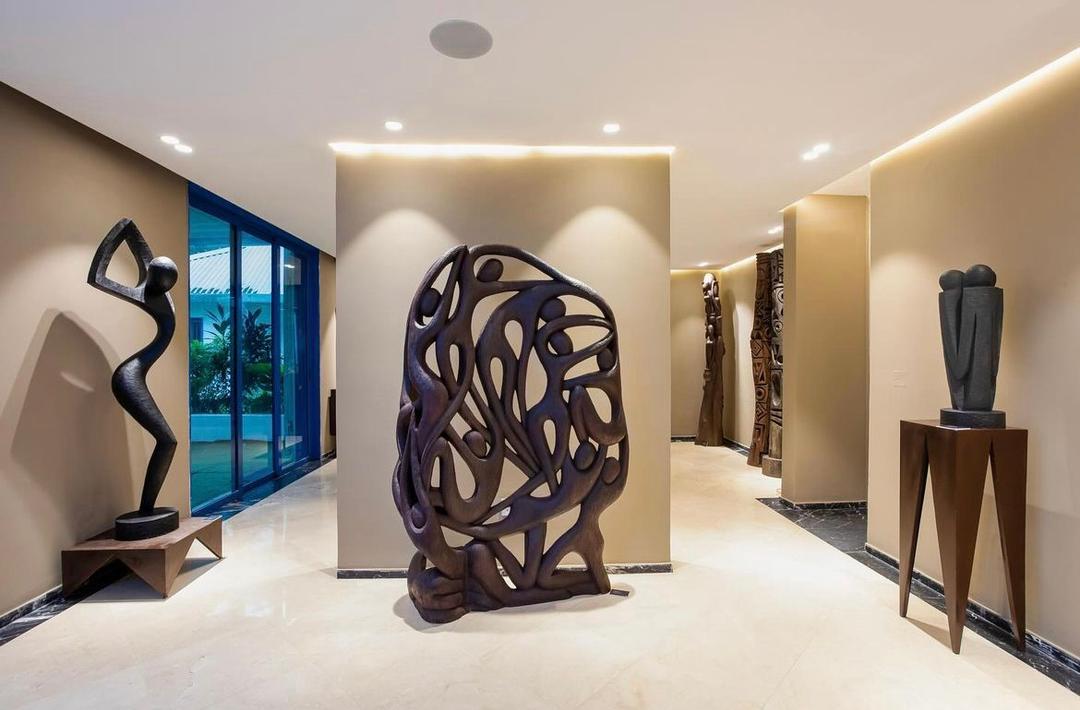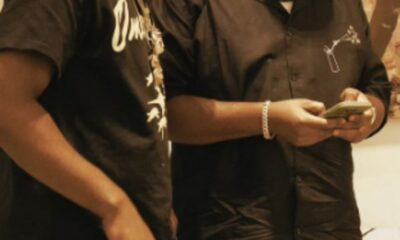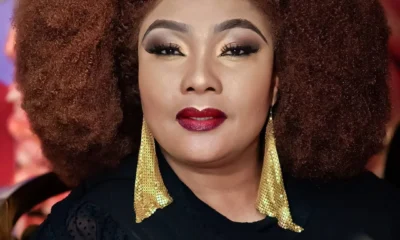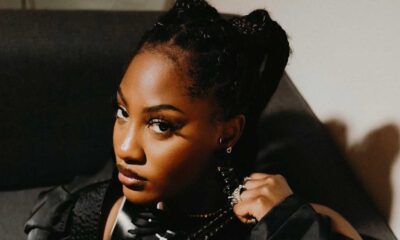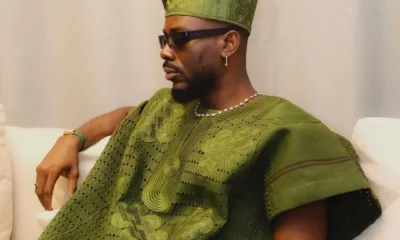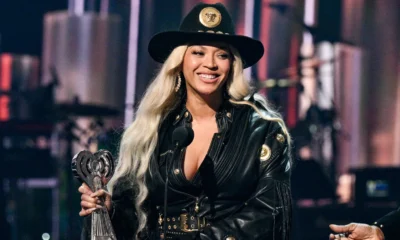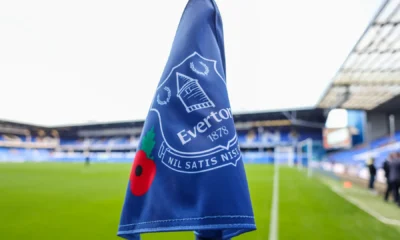Yoruba mythology is rich with ancient tales, wisdom, and traditions that have influenced not only African cultures but also the global diaspora. For those interested in diving into this world, numerous books explore Yoruba mythology, spirituality, cosmology, and folklore.
Below are nine insightful books that highlight Yoruba mythology and indigenous knowledge, perfect for scholars and enthusiasts alike.
1. Forest of A Thousand Daemons: A Hunter’s Saga

This is the first novel written in Yoruba, penned by D.O. Fagunwa and translated into English by Nobel Laureate Wole Soyinka. The novel revolves around Akara-ogun, the son of a brave warrior and a witch, who embarks on a mythical journey through a magical forest.
Blending folklore and mythology, this adventure offers an incredible glimpse into Yoruba cosmology, where humans and supernatural beings coexist seamlessly. It’s a classic in Yoruba literature and an essential read for understanding Yoruba mythic storytelling.
2. What the Forest Told Me: Yoruba Hunter, Culture and Narrative Performance

This book, written by Ayo Adeduntan, takes a different angle by focusing on the storytelling culture within Yoruba hunter traditions. It provides valuable insights into the intersection of indigenous knowledge, oral performance, and culture.
Yoruba hunters’ stories reveal a rich connection between the natural and supernatural worlds, shedding light on an often overlooked aspect of Yoruba culture. These narratives allow readers to explore a side of Yoruba life rarely discussed in mainstream conversations.
3. Osun Across the Waters: A Yoruba Goddess in Africa and the Americas

Edited by Joseph M. Murphy and Mei-Mei Sanford, this scholarly work traces the influence of Osun, one of the most revered Yoruba goddesses. Osun is a deity of love, fertility, and rivers, and her worship has transcended Africa to reach the Americas through the transatlantic slave trade.
This book includes essays from 17 contributors and explores the goddess’s worship in various global contexts, showcasing how Yoruba spiritual practices have evolved in new environments while maintaining their core essence.
4. Orishas, Goddesses, and Voodoo Queens: The Divine Feminine in the African Religious Traditions

Written by Lilith Dorsey, this book highlights the role of female deities and spirits in African and African diaspora religions, with a particular focus on Yoruba orishas like Oshun, Yemoja, and Oya.
Dorsey delves into how the divine feminine shapes the religious and cultural lives of Yoruba adherents, providing a modern interpretation of ancient traditions.
5. Encyclopedia of the Yoruba
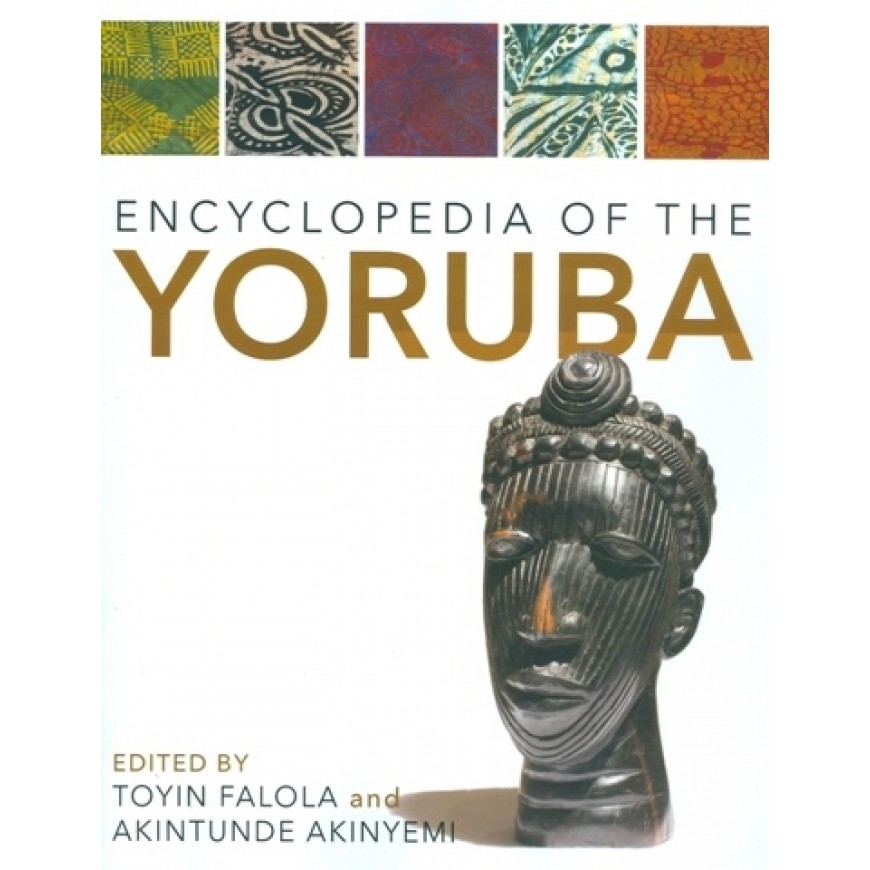
This is an indispensable resource for anyone interested in Yoruba culture, mythology, and history. The book contains 285 entries on various aspects of Yoruba life, from biographies of influential figures to explanations of political institutions, traditional beliefs, and religious practices.
It is a comprehensive guide for both beginners and advanced readers looking to understand the breadth and depth of Yoruba knowledge systems.
6. The Palm-Wine Drinkard

Written by Amos Tutuola, this novel is a surreal, allegorical tale that weaves in Yoruba folklore and mythology. It follows the journey of a man who ventures into the land of the dead to retrieve his deceased palm wine tapster. Along the way, he encounters strange, otherworldly creatures and spirits, all reflecting the rich tapestry of Yoruba cosmology.
This novel, with its blend of humour and horror, is a must-read for those looking for a modern, fictional take on traditional Yoruba stories.
7. Children of Blood and Bone
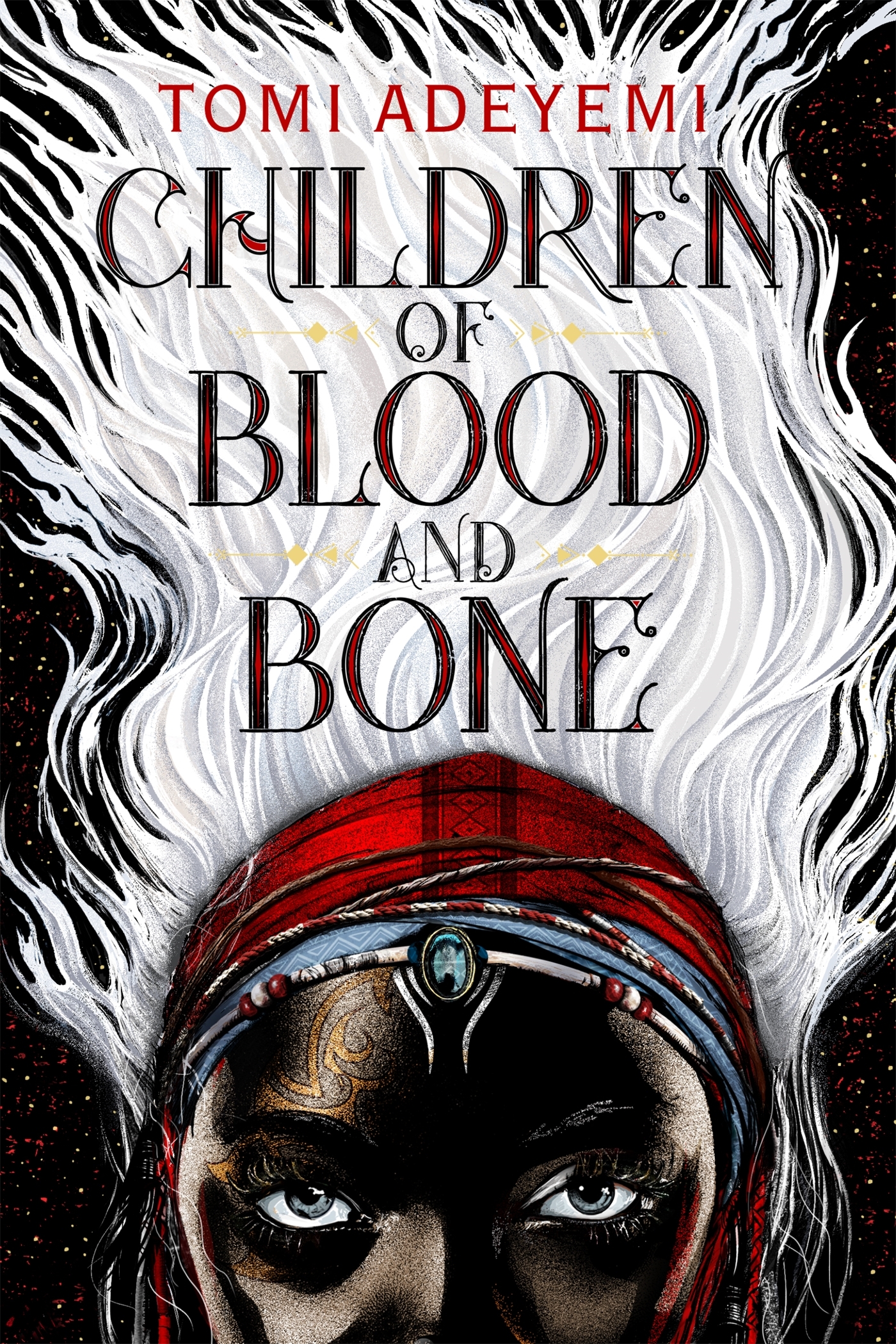
Tomi Adeyemi’s fantasy novel brings Yoruba mythology into the realm of young adult fiction. The story follows Zélie Adebola as she attempts to bring magic back to the land of Orïsha, where magic-wielding maji were wiped out by a brutal king.
Although a work of fantasy, the novel draws heavily from Yoruba cosmology and themes. This makes it a popular modern retelling of traditional Yoruba beliefs.
8. Yoruba Theology and Tradition: The Worship

This work, written by Ayo Salami, offers a detailed examination of the worship of the orishas. This is the pantheon of Yoruba deities. The book presents a nuanced perspective on Yoruba spirituality. It also shows the role that orishas play in the everyday lives of Yoruba people. It’s an excellent resource for anyone looking to deepen their understanding of the spiritual aspects of Yoruba mythology.
9. Osun Seegesi: The Elegant Deity of Wealth, Power, and Femininity

This book, authored by Diedre L. Badejo, focuses exclusively on Osun, one of the most prominent Yoruba deities. Known for her association with rivers, fertility, and beauty, Osun is celebrated for her duality as a nurturer and powerful force.
The book blends scholarship and storytelling. Also, it provides an in-depth exploration of Osun’s role in Yoruba mythology and her significance in the broader context of African and diasporic cultures.
Conclusion
Yoruba mythology and indigenous knowledge are vast fields rich in spirituality, oral history, and cultural practices. These nine books offer various lenses through which readers can explore Yoruba cosmology. They range from the tales of mythic hunters to the global journey of the goddess Osun.
Whether you’re a scholar, a casual reader, or someone new to Yoruba mythology, these books serve as invaluable guides into one of Africa’s most influential cultures.
If you enjoyed this article and would want to read more on culture, visit here.
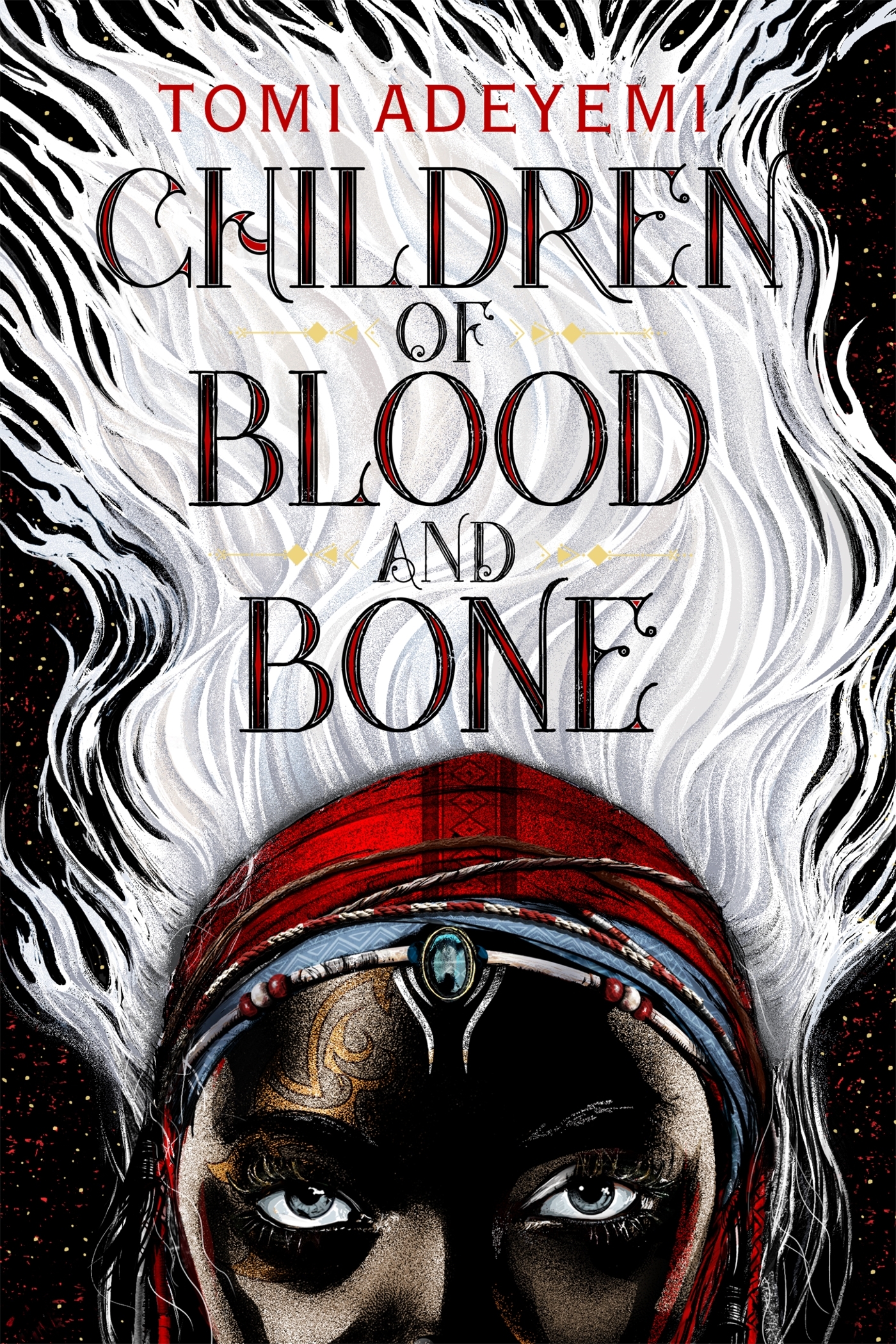

 MUSIC5 days ago
MUSIC5 days ago
 NEWS5 days ago
NEWS5 days ago
 FAB FRESH3 days ago
FAB FRESH3 days ago
 ENTERTAINMENT4 days ago
ENTERTAINMENT4 days ago
 BEAUTY4 days ago
BEAUTY4 days ago
 ENTERTAINMENT4 days ago
ENTERTAINMENT4 days ago
 FAB FRESH4 days ago
FAB FRESH4 days ago
 LIFESTYLE4 days ago
LIFESTYLE4 days ago












